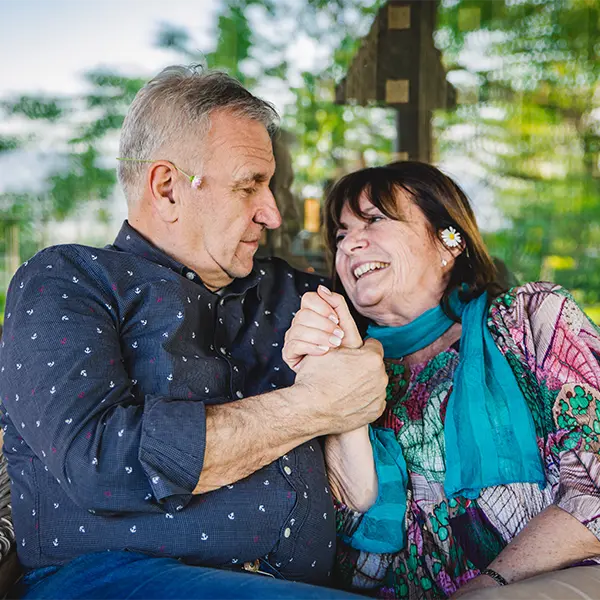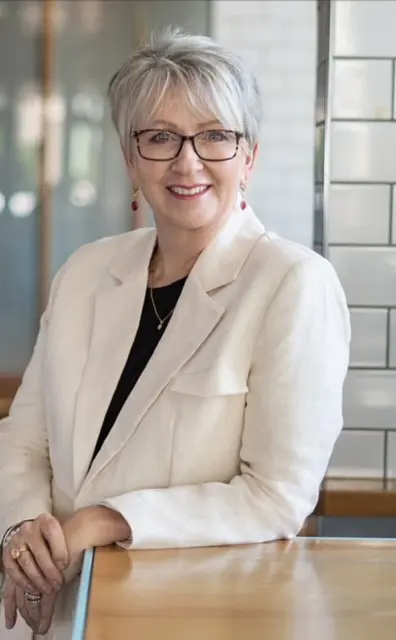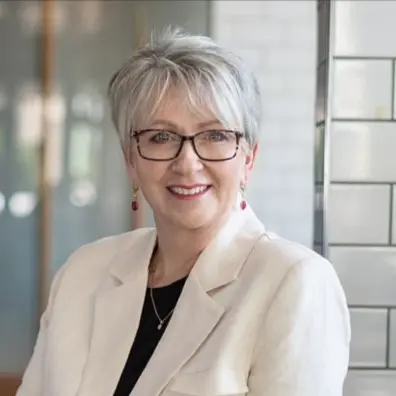
It is important to find lung cancer early
Lung cancer screening saves lives by finding and diagnosing cancer early. An earlier diagnosis leads to better treatments, higher survival rates, and improved quality of life.
Finding cancer early can lower lung cancer death rates by 20% and prevent 500 deaths each year in Australia. By taking part in lung cancer screening, you are giving yourself the best chance of a healthier future.
Finding lung cancer early leads to more treatment choices
People who are found to have lung cancer through screening are more likely to find their cancer at an earlier stage. This means they have more treatment choices, and may mean treatment is shorter and easier to manage. The survival rate is a lot better compared to lung cancer that is found at a later stage when symptoms have developed.
Peace of mind
Many people say that cancer screening gives them peace of mind that they don’t have cancer. For every 100 people who have a lung screen, only 2-3 will be found to have lung cancer. The vast majority of people who have lung screening will have clear or “very low risk” results and will feel reassured.
Lung cancer screening will be free
The National Lung Cancer Screening Program offers screening every 2 years for people aged 50-70 years, with a 30-pack year history of smoking. The cost of the scan is covered by Medicare. There may be a cost for getting the CT request from your GP. You can calculate your smoking history here.
What if I’m not eligible for lung cancer screening?
Lung cancer screening is not for everyone. Lung cancer screening only benefits people who have the highest chance of developing lung cancer. A few people who currently smoke or have recently quit will be eligible for lung cancer screening, but most will not be.
If you are a current smoker, your eligibility may change over time and it’s recommended you check your pack-year history each year, and discuss with your GP.
If you are not a current smoker and you don’t qualify for screening, that means your risk of developing lung cancer is really low. If you have lung concerns, such as breathlessness or a cough that you would like checked, see your GP.
What are the potential harms of lung cancer screening?
Lung cancer screening requires a small amount of radiation exposure
Lung screening is delivered via low-dose computed tomography (CT) scan, which uses a small amount of radiation.
Some people may feel scared or worried about lung cancer screening
Screening for any cancer may make you feel scared or worried. This is completely normal. You might feel worried about lung cancer screening if you have been told you are a higher risk. Remember that only 2-3 people for every 100 screenings will find lung cancer.
Some people may find lung cancer screening difficult
It may be inconvenient to take the time to screen, especially if you have to travel, take time off work or organise help for others if you are a carer. Taking the time to screen could save you plenty of time in the future as finding cancer early is associated with shorter treatment time.
If you would like to find out more about lung cancer screening, you can visit the Australian Government official website – https://www.health.gov.au/our-work/nlcsp/about


